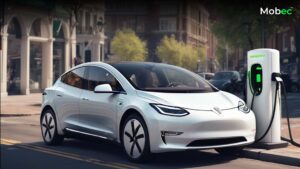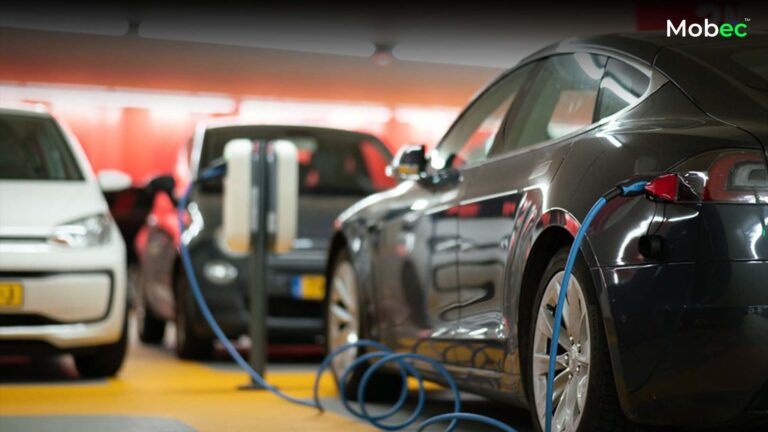The world is experiencing a significant shift towards environmentally friendly transportation, with electric vehicles (EVs) playing a crucial role in reducing carbon emissions and combating climate change. Therefore, it is crucial to establish a robust and convenient charging infrastructure to meet the growing demand for EVs.
This blog explores the importance of charging infrastructure in the widespread adoption of EVs.
The Rise of EVs
Electric vehicles have witnessed amazing growth in recent years. Environmental awareness, Government incentives, and improved battery technologies have all contributed to the surge in EV sales. EVs offer numerous advantages over their internal combustion engine counterparts, including reduced greenhouse gas emissions, lower operating costs, and improved energy efficiency. However, for EVs to become the primary mode of transportation, reliable and accessible charging infrastructure is vital.
The Importance of Charging Infrastructure

Range Anxiety Mitigation:
Range anxiety, the fear of running out of battery power, is one of the main concerns for potential EV buyers. A well-established charging infrastructure helps alleviate this anxiety by providing a charging station network, enabling EV owners to charge their vehicles conveniently and extend their driving range. A comprehensive infrastructure for charging vehicles guarantees that drivers can easily find charging stations anywhere, increasing their assurance and providing peace of mind.
Accelerating EV Adoption:
The availability of reliable charging infrastructure is directly linked to the increased adoption of electric vehicles. Governments, organizations, and communities can encourage more people to transition to electric cars by expanding the charging network. This, in turn, contributes to reducing greenhouse gas emissions and helps combat air pollution.
Enabling Long-Distance Travel:
The infrastructure is essential for enabling long-distance travel in electric vehicles. Long and intercity trips require a network of fast-charging stations along major highways or popular routes. Fast-charging stations or fast chargers for cars allow EVs to recharge quickly, providing convenience and flexibility to EV owners who wish to explore new destinations.
Economic Opportunities:
The development of charging infrastructure creates economic opportunities. It leads to job creation in various sectors, such as construction, installation, and maintenance of charging stations. Moreover, the charging infrastructure can stimulate local businesses as drivers spend time at charging stations, providing opportunities for nearby establishments like restaurants, cafes, and shops.
Summing up, the growth of EVs presents a tremendous opportunity for a sustainable and greener future. However, the success of EVs depends heavily on developing a robust and accessible charging infrastructure.
A comprehensive charging network plays a crucial role in the widespread adoption of EVs by addressing range anxiety, promoting EV adoption, enabling long-distance travel, and creating economic opportunities. Governments, private enterprises, and communities must collaborate to build a charging infrastructure that is convenient, reliable, and future-proof, accelerating the transition to a cleaner and more sustainable transportation system.




















Thank you for sharing this. I read this post your post so nice and very informative post thanks for sharing this post
[…] replenish their vehicle’s battery power swiftly and efficiently. Selecting and installing a fast charger for your electric vehicle requires careful consideration of various factors to ensure optimal […]